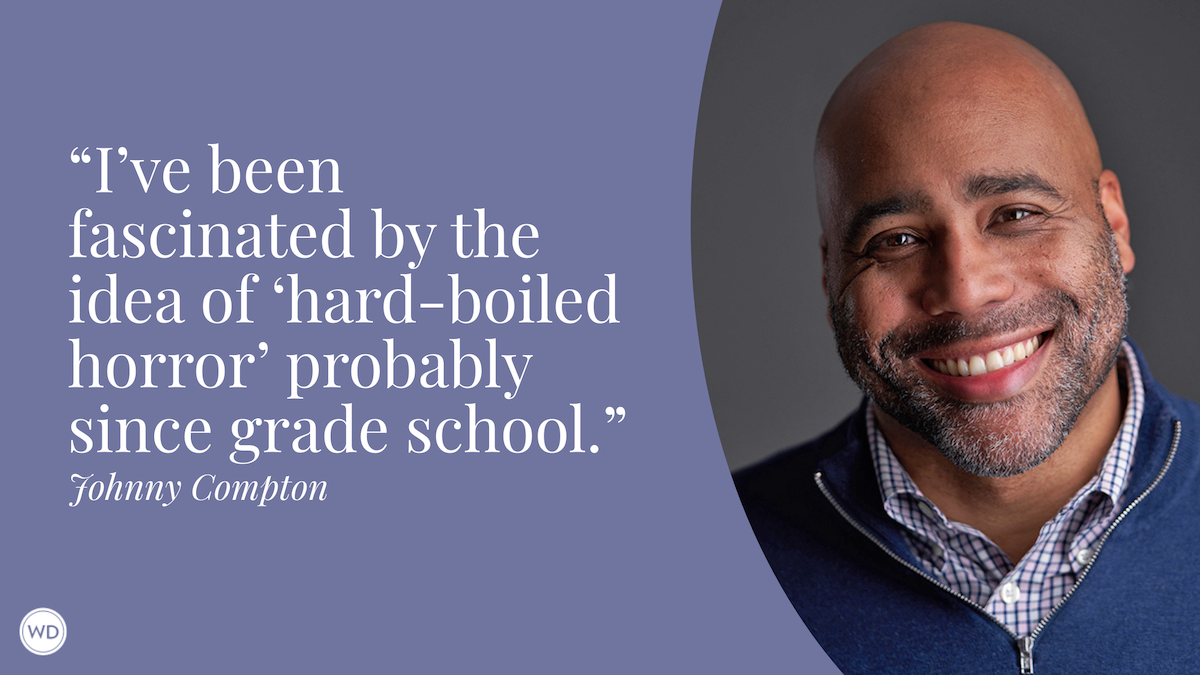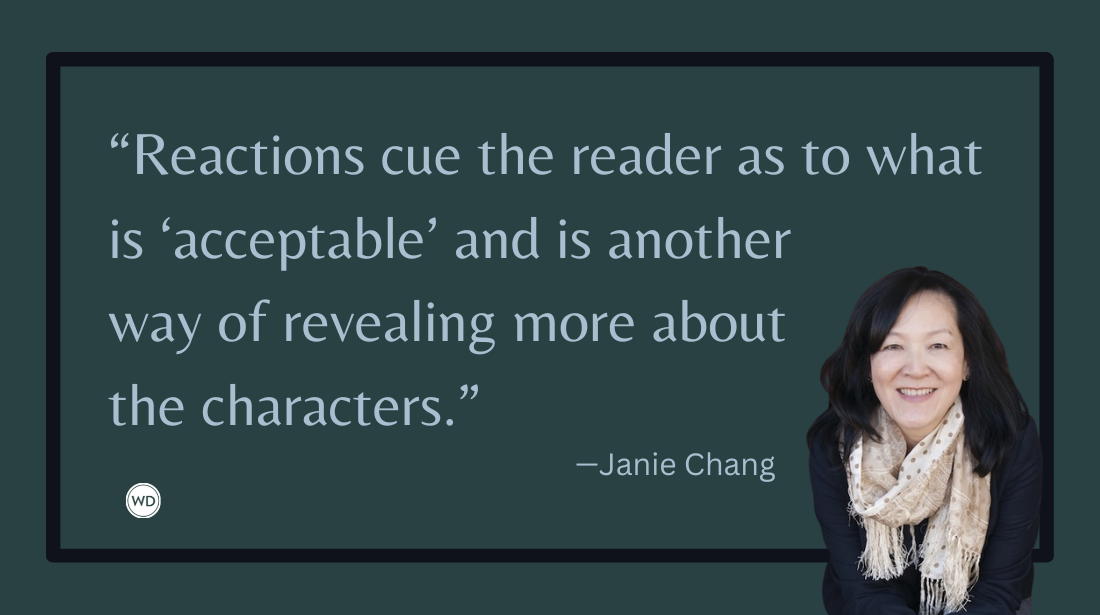Marshall Fine: All Writing Is Rewriting
In this interview, author Marshall Fine discusses how different points of view can reveal new information in his new novel, Hemlock Lane.
Marshall Fine is an award-winning journalist, critic, and filmmaker whose career has spanned 50 years. Before his bestselling 2024 fiction debut, The Autumn of Ruth Winters, Fine wrote biographies of filmmakers John Cassavetes and Sam Peckinpah, directed documentaries about film critic Rex Reed and comedian Robert Klein, conducted the Playboy interview with Howard Stern, and chaired the New York Film Critics Circle four times. He currently lives in Ossining, New York. Learn more at MarshallFine.com, and follow him on Instagram.
In this interview, Marshall discusses how different points of view can reveal new information in his new novel, Hemlock Lane, needing to soften the novel’s most villainous character, and more.
Name: Marshall Fine
Literary agent: Murray Weiss, Catalyst Literary
Book title: Hemlock Lane
Publisher: Lake Union Publishing
Release date: November 25, 2025
Genre/category: Book Club Fiction
Previous titles: The Autumn of Ruth Winters
Elevator pitch: During a long family weekend in the summer of 1967, which of the many secrets among a suburban family will be exposed?
What prompted you to write this book?
I was inspired by two things: an old family story about one of my aunts, and an idea I had about telling the same story from several individual points of view and the way new information could be revealed to the reader.
How long did it take to go from idea to publication? And did the idea change during the process?
I wrote the first draft between March and June 2023, then did rewrites until my agent submitted it to Lake Union Publishing at the end of 2023. They accepted it at the beginning of 2024. It will be published in November 2025.
The one change in the initial writing process was that, instead of presenting the story, day by day, from the perspective of four individual members of one family, I added in sections from the POV of two additional characters, who figured in the action and seemed to ask to have their stories told as well.
Were there any surprises or learning moments in the publishing process for this title?
One of the central characters, essentially the novel’s villain if there were one, was too dislikable—unpleasant to the point that every time she appeared, readers found her off-putting. As I did revisions, I had to find a way to understand and explain her behavior in a way that would not apologize for it, but still be empathetic to its roots.
Were there any surprises in the writing process for this book?
I’m always surprised and gratified by the rewriting process, particularly as it allows me to find bread crumbs I left for myself, in terms of themes and potential plot threads.
What do you hope readers will get out of your book?
There’s a saying, “You never know what secret sorrow someone else is carrying.” That’s even true of the people closest to us. So, I guess, the message would be one of empathy.
If you could share one piece of advice with other writers, what would it be?
Two things: Don’t do any revising until you’ve finished that whole first draft. Get it all out on to the page first.
and
All writing is rewriting.









